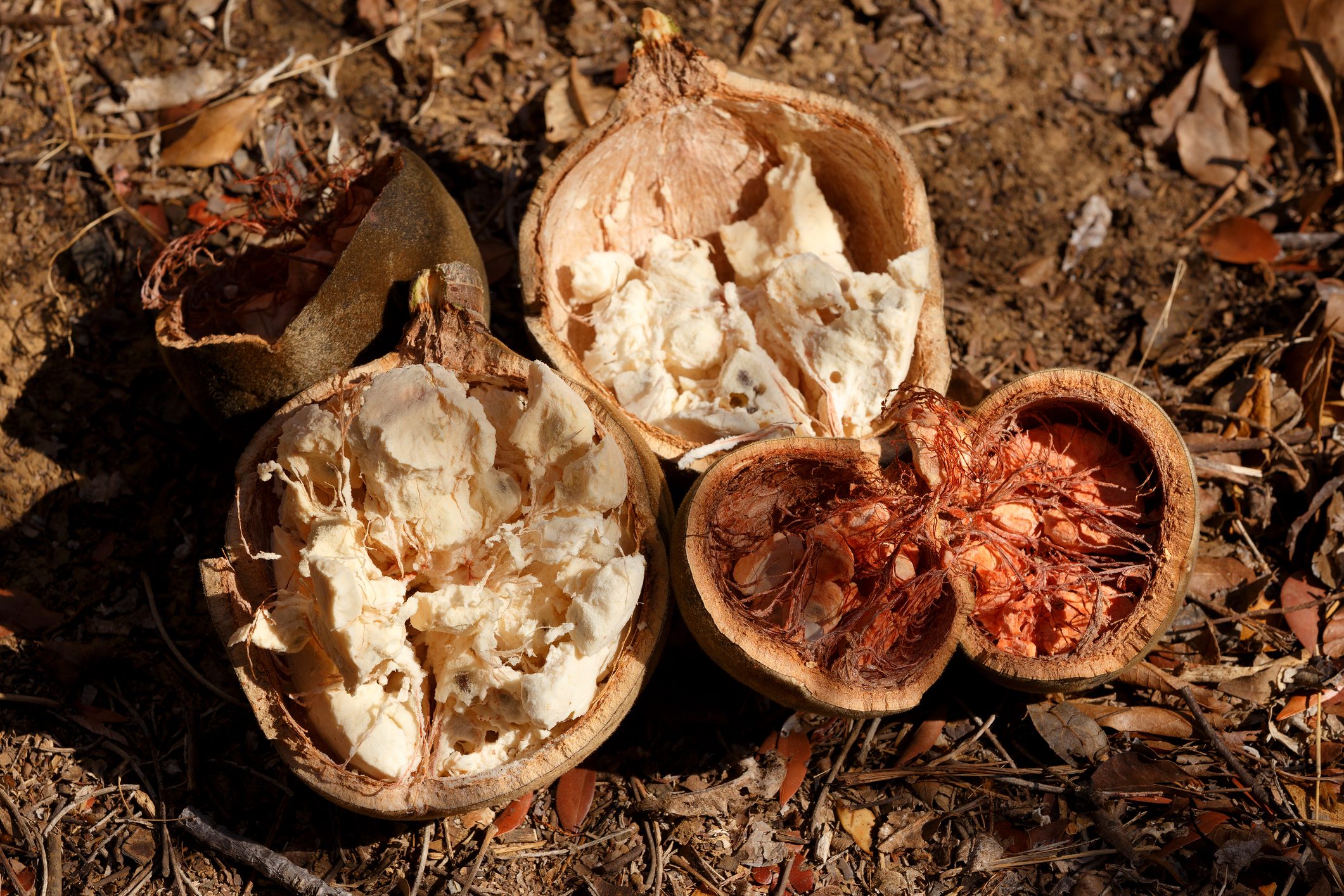31 Peppermint Oil Benefits
Peppermint is a cross between watermint and spearmint, and is native to Europe. It is sometimes called the world’s oldest medicine, because it has been used for centuries, and you can buy it in the form of tablets and capsules as well as oil.
;Resize,width=742;)
Peppermint oil is one of our most widely used oils in commercial products. It’s in soap, shampoo, cigarettes, toothpaste, chewing gum, tea and ice cream to name just a few.
The benefits of peppermint oil as a home remedy are many. It can treat indigestion, headaches, respiratory problems, nausea, fever, stomach and bowel spasms among others.
Peppermint is a cross between watermint and spearmint, and is native to Europe. It is sometimes called the world’s oldest medicine, because it has been used for centuries, and you can buy it in the form of tablets and capsules as well as oil.
1. Reduces Muscle and Joint Pain

Peppermint oil can be used to bring relief from muscle pain by rubbing it in gently to the affected area. For wounds, apply the oil topically to the area to reduce swelling and relieve pain.
2. Helps Sinus Problems
Inhaling peppermint oil relieves congestion of the sinuses, and can help with other problems such as colds, coughs, asthma and bronchitis.
3. Appetite Suppressant
Take a few breaths of peppermint oil whenever you feel a food craving coming on, or inhale before a meal to curb your appetite.
4. Energy Booster

If you suffer from chronic fatigue syndrome, you may find peppermint oil to be beneficial. It can help improve energy levels, focus and improve concentration.
5. Prevents Allergies
Peppermint oil along with clove and eucalyptus oil can help prevent allergies by relaxing your nasal passages and clearing any pollens out of the nose.
6. Treats ADHD
Rub a few drops of peppermint oil on your child’s clothes and it could help prevent ADHD by improving concentration and focus.
7. Soothes Itching
If you get a rash or stung by poison ivy, peppermint oil can relieve it.
8. Reduces Fever
Peppermint oil has a cooling nature, and can be used to reduce fever or cool any part of the skin.
9. Skin Care

Peppermint oil can brighten dull skin, and improve the texture of oily or greasy skin.
10. Treats Acne
The antimicrobial properties of peppermint oil helps to clear up acne by keeping the skin free of acne-causing bacterias.
11. Relieves Headaches
The cooling and anti-inflammatory properties of peppermint oil are a good remedy for headaches. Apply in a diluted form on the forehead.
12. Helps With Hair Growth

Peppermint oil has regenerative and stimulating effects on the scalp and hair, and it can give hair a lovely, shiny look.
13. Dental and Oral Care
The antiseptic properties of peppermint oil can help fight germs, eliminate bad breath and treat toothaches. This is one of the reasons it’s added to toothpastes and mouthwashes, as well as for the fresh, minty taste.
14. Nausea
Rubbing a mixture of peppermint oil and water behind your ears can reduce chemotherapy-induced nausea.
15. Respiratory Problems

Menthol, which is one of the compounds present in peppermint oil, helps to clear the respiratory tract. Studies have shown that it can considerably soothe inflammation of the trachea and coughing in rats.
16. Irritable Bowel Syndrome
Peppermint oil can relax the muscles of the GI tract, which is often why it’s used in commercial medications.
17. Colic

This oil can be safely used to treat colic in infants without any negative side effects.
18. Polycystic Ovary Syndrome
Sufferers of PCOS may find that peppermint oil helps balance fluctuating hormone levels and improves the symptoms.
19. Improves Digestion
Peppermint oil helps to remove excess gas, and it’s also good for treating bloating, abdominal pain, motion sickness and upset stomach. If it’s combined with caraway oil, it could be good for treating heartburn, and people often put a few drops of peppermint oil in water and drink it after a meal to help digestion.
20. Stress Reducer

This oil is good for relieving stress, depression and mental exhaustion. It also stimulates mental activity, clears the mind, and boosts cognition.
21. Relieves Spasms
Peppermint oil is being studied to see how beneficial its antispasmodic properties are. It’s also used for gastroscopy, colonoscopy and during a double-contrast barium enema, where it’s applied intraluminally.
22. Urinary Tract Infection
The antibacterial qualities of peppermint oil may be one of the reasons that it can reduce the effects and frequency of urinary tract infections when used as alternative medicine.
23. Boosts Immunity
People who have a weak immune system can benefit from peppermint oil. Camphor, menthol and carvacrol are components of the oil, and are resistant to some dangerous bacterial strains.
24. Boosts Blood Circulation

Peppermint oil’s stimulating effects have been shown to increase blood circulation, which helps to oxygenate the body’s organs and increases metabolism.
25. Cancer and Tuberculosis
Studies are ongoing to find the usefulness of peppermint oil in the treatment of cancer and tuberculosis.
26. Herpes

Peppermint oil has been part of some preliminary studies as an antiviral that can reduce the risk of herpes infections, and stop recurring outbreaks.
27. As a Shampoo
Add a couple of drops of peppermint oil to your shampoo for a scalp-cooling effect and dandruff fighting properties.
28. Bug Repellent
Lots of common bugs such as spiders, ticks, ants and cockroaches will keep away from your home if you use peppermint oil.
29. Nail Care

Research shows that topical application can reduce the risk of fungal nail infections.
30. Teething
If you mix a 1:1 ratio of peppermint oil and coconut oil, you can help your child to find relief from teething pain by applying to their gums.
31. Sunburn

Peppermint oil can rehydrate burnt skin and help soothe burning. Mix it with coconut oil and apply to the burned area.
;Resize,width=767;)
;Resize,width=712;)
;Resize,width=712;)
;Resize,width=712;)
